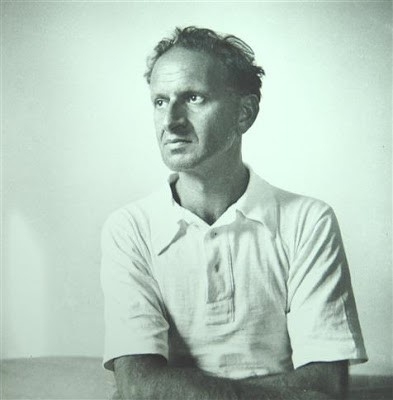Poetry and the First World War (4)

The poetry of the First World War allows us to gain an insight into the awful experiences of the soldiers who suffered in the trenches and front-line, an insight that still resonates in today’s society about the horrors of war. Indeed, Wilfred Owen’s Dulce Et Decorum Est and Siegfried Sassoon’s Aftermath are still as haunting today as they were at their publication. However, it was not just the soldiers whose poetry documented the terrible effects of war. Here German poet Yvan Goll, wrote of the awful effects of the war on the people of Europe.
Yvan Goll (1891 – 1950) was a German poet who was bilingual and wrote in both French and German. A socialist pacifist, Goll escaped to Switzerland at the outbreak of war in 1914 in order to escape conscription. There he published poems and articles critical of the war, the most famous being Requiem for the Dead of Europe in 1915. He had close ties to German expressionism and French surrealism as well as influence from the early movements of Dada. During the inter-war years, Goll lived between Berlin and Paris and continued to publish. However, during the Nazi rise to power in the 1930’s Goll was under threat due to his Jewish antecedents and in 1939, to escape Nazi persecution, he emigrated to the USA where he continued to write and produce literature.
Requiem for the Dead of Europe - Yvan Goll
Let me lament the exodus of so many men from their time;
Let me lament the women whose warbling hearts now scream;
Every lament let me note and add to the list,
When young widows sit by lamplight mourning for husbands lost;
I hear the blonde-voiced children crying for God their father at bedtime;
On every mantelpiece stand photographs wreathed with ivy, smiling, true to the past;
At every window stand lonely girls whose burning eyes are bright with tears;
In every garden lilies are growing, as though there’s a grave to prepare;
In every street the cars are moving more slowly, as though to a funeral;
In every city of every land you can hear the passing-bell;
In every heart there’s a single plaint,
I hear it more clearly every day.